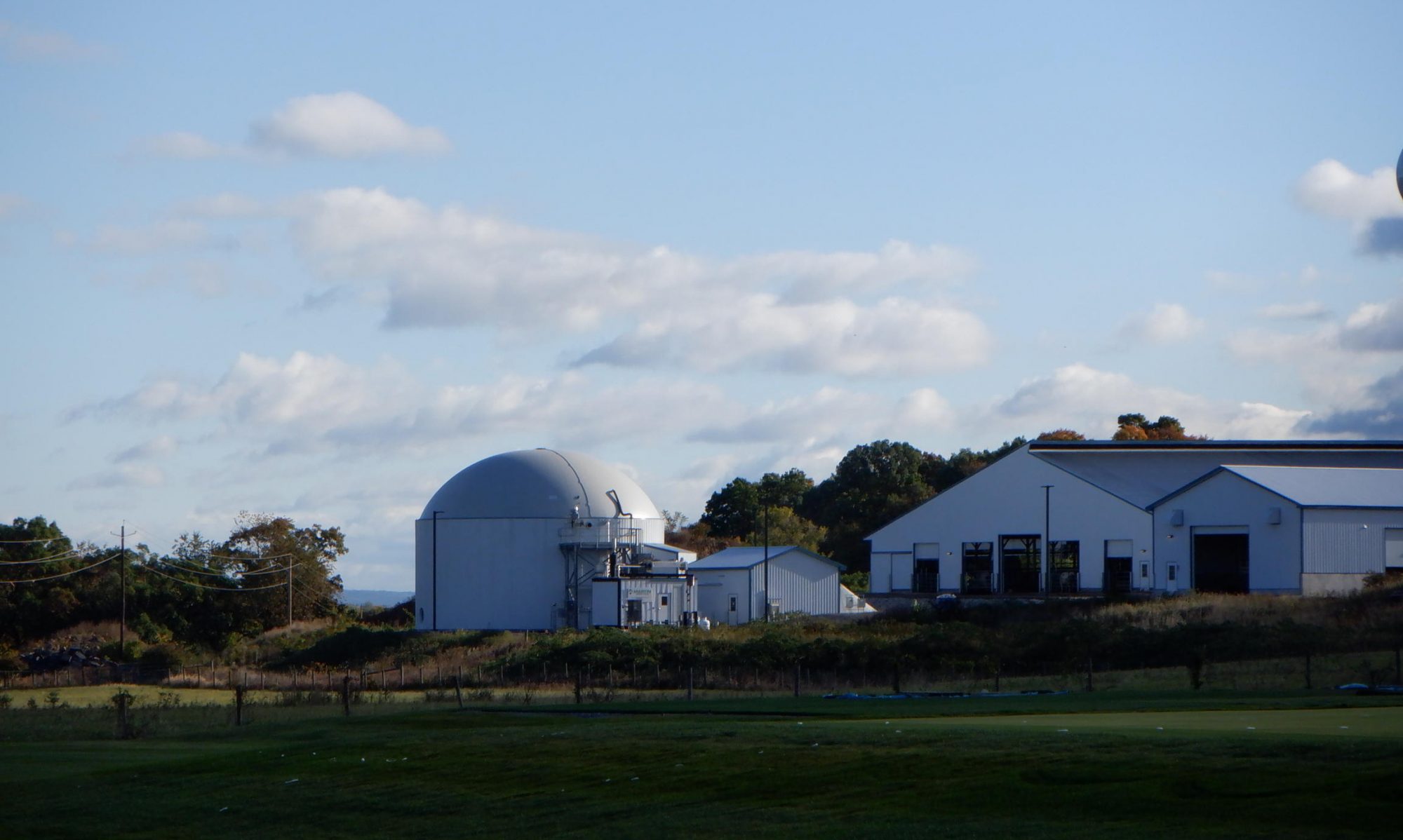
This curriculum module on Farm Energy Efficiency Principles covers the fundamentals of energy systems. Topics include basic thermodynamics, heat transfer, energy conversion processes and discussion of energy efficiency and specific applications on farms.
Link to all of the Northeast Farm Energy IQ Curriculum, developed by Extension specialists from Penn State, Rutgers and University of Vermont.
This is part of the Farm Energy Efficiency Curriculum Series: Farm Energy Efficiency Principles | Energy Audits | EE for Dairy Farms | EE for Greenhouses | EE for Fruit Production | EE for Field Crop Production | EE for Direct Market Farms
This module includes:
- Farm Energy Efficiency Principles – Module Overview.pdf – instructions for presentations to Ag Service Providers (ASP) and Farmers
- Farm Energy Efficiency Principles – ASP Presentation.pdf
- Farm Energy Efficiency Principles – ASP Presentation Outline.pdf
- Farm Energy Efficiency Principles – ASP Handouts.pdf
- Video of ASP presentation: Farm Energy Efficiency Principles – Tom Manning; by Rutgers CPE Media Productions
- Farm Energy Efficiency Principles – Farmer Presentation.pdf
- Farm Energy Efficiency Principles – Farmer Presentation Outline.pdf
- Farm Energy Efficiency Principles – Farmer Handouts.pdf
- Resources for educators, service providers, and farmers:
- Farm Energy Efficiency Principles – Fact Sheet.pdf
- Farm Energy Efficiency Principles – Case Study.pdf
- Farm Energy Efficiency Principles – Activity.pdf
- Assessing On-Farm Equipment Efficiency and Energy Use.pdf – Rutgers Cooperative Extension
- Energy Star Advanced Wall Frames.pdf
- Farm IQ Farm Energy Efficiency Principles – Calculation Tool – Electric Bills.xlsx
- The Farmer’s Handbook for Energy Self-Reliance.pdf – The Institute for Energy and the Environment, Vermont Law School
- Greenhouse Energy Conservation Strategies Runkle.pdf
- Reduce Energy Costs in Agriculture.pdf
Module Author: Tom Manning is an Agricultural Engineer with the New Jersey Agricultural Experiment Station at Rutgers University. He has worked extensively on improving the energy performance of systems and structures by increasing efficiencies and incorporating new energy sources and innovative energy conversion technologies. He is currently working on developing techniques for monitoring, understanding and improving energy use in agricultural operations.
If you wish to adapt these curriculum materials for your own educational purposes, please contact the Module Author for permission and files:
